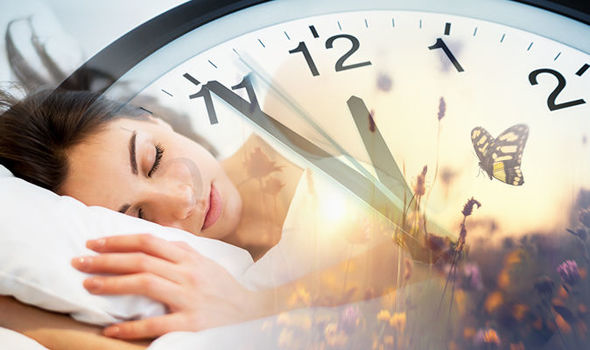British Summer Time ends
It's that time of year again where we turn the clocks backwards and all get one hour more in bed!
The clocks go back on the 28th October of this year. In the UK the clocks go forward 1 hour at 1am on the last Sunday in March, and back 1 hour at 2am on the last Sunday in October.
The period when the clocks are 1 hour ahead is called British Summer Time (BST). There's more daylight in the evenings and less in the mornings (sometimes called Daylight Saving Time).
When the clocks go back, the UK is on Greenwich Mean Time (GMT).
By the meteorological calendar, spring starts on 1 March. The seasons are defined as Spring (March, April, May), Summer (June, July, August), Autumn (September, October, November) and Winter (December, January, February). In 2016 it was a particularly special year as it marked 100 years since we first changed our clocks like this.
Whose idea was it to change the clocks?
An American politician and inventor called Benjamin Franklin first came up with the idea while in Paris in 1784. He suggested that if people got up earlier, when it was lighter, then it would save on candles. But it arrived in the UK after Coldplay singer Chris Martin's great-great-grandfather, a builder called William Willett, thought it was a good idea too.
In 1907, he published a leaflet called The Waste of Daylight, encouraging people to get out of bed earlier. Willett was a keen golfer and he got cross when his games would be cut short because the Sun went down and there wasn't enough light to carry on playing.
When did we start changing our clocks?
The idea of moving the clocks forwards and backwards was discussed by the government in 1908, but many people didn't like it so it wasn't made a law.
Willett spent his life trying to convince people that it was a good idea, but it was only introduced in the UK in 1916 - a year after he died.
It was actually first introduced by the Germans in World War One, just before the UK did it.
During World War Two, the UK actually used what was called British Double Summer Time (BDST), when the clocks were ahead by an extra hour during the summer. But this didn't last for very long.
Now, the UK's clocks always go back by one hour on the last Sunday in October and forward by one hour on the last Sunday in March.
Moving clocks like this is now done in some countries across the world, but many still don't do this.
What do people think of it?
Many people have different opinions about whether we should change our clocks like this. Some think having BST is a good thing because it saves energy, by making better use of natural daylight, and helps to reduce traffic accidents.
Others don't like it because they argue that it doesn't actually save any energy, and it can make it darker when children are going to school in the morning, which can be dangerous. They also think it is not very good for our health.


